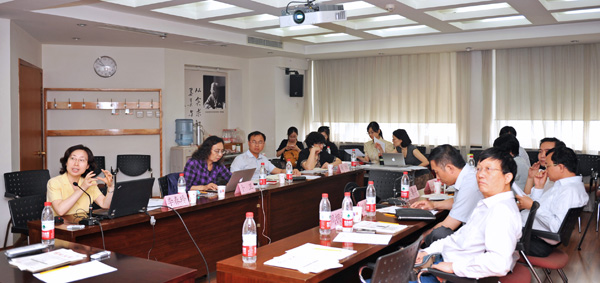
A seminar on “Situation and Attitude: Youth Issues and Social Transition” was held at the Institute of Sociology,
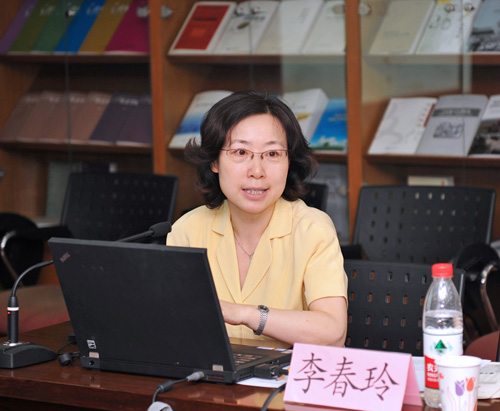
Unlike other conventional sociological studies, youth studies involve a variety of specialized areas in sociology, as well as numerous practical issues. As a result, the project group intended to integrate resources and set up a platform to exchange ideas for researchers on youth work or youth studies in
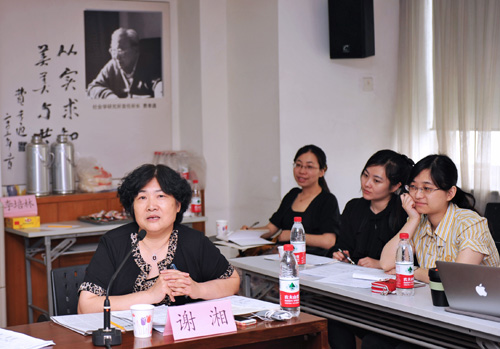
In the morning, speeches were given on “College Students, Education and Youth Issues” by Du Huiliang, Deputy Director of the Department of School Works of the Central Committee of the Communist Youth League; Xie Xiang, former Deputy Chair of the China Youth Daily; and Ji Weimin, Secretary of the Youth League Committee, CASS. The second topic was on “Political Attitude of the Youth”, and speakers included Professor Wu Luping, Chairman of the Department of Youth Work, Chinese Youth University for Political Sciences who drew upon his own rich work experiences and focused on “youth values”, and reported research findings on “socialization of politics”; Professor Zhou Yongping, Institute of Youth Development and Policy Studies, Chinese Youth University for Political Sciences, who reported on a study “Youth Attitude toward the Communist Party in Power”.
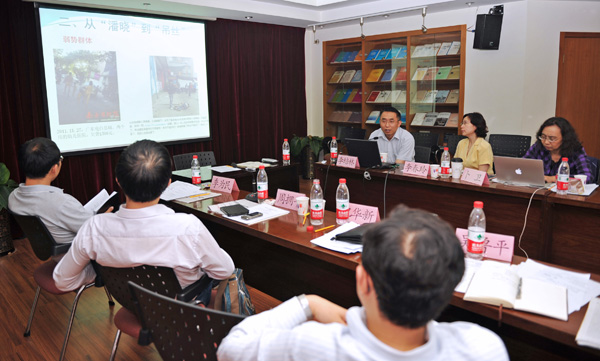
The afternoon sessions were from sociological perspective. Presented on “Youth and the Internet” were Zhu Huaxin, Secretary-General of the Public Opinion Watch, people.com, and Executive Editor-in-Chief of Internet and Public Opinions; Professor Pu Wei of the Institute of News Studies and Center for Media and Youth Development Studies. Professor Zhu focused on the internet expression of youth and analyzed the impact of internet as a means of self media on the discourse power of youth. Professor Pu discussed the social implications of internet, and proposed to give attention to how the marginal youth group utilizes the new media for empowerment.
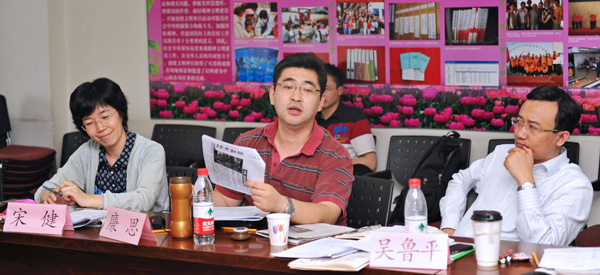
The last session was on “Youth and Social Stability”. Speakers included Lian Si, Director of Graduate Students Work of the Party Committee,
The seminar lasted six hours. It provided numerous insights and research material for further study. It also offered an initial platform for scholarly exchange on youth studies
